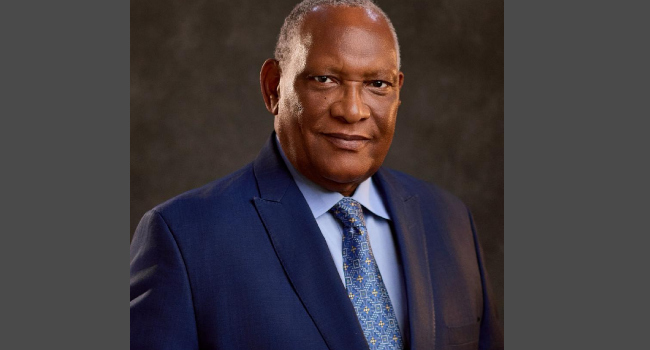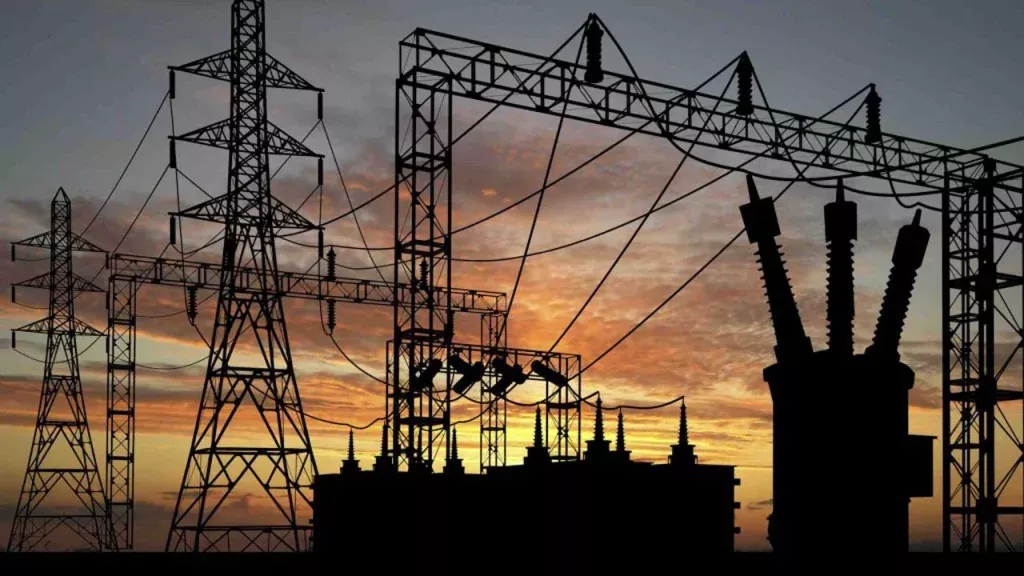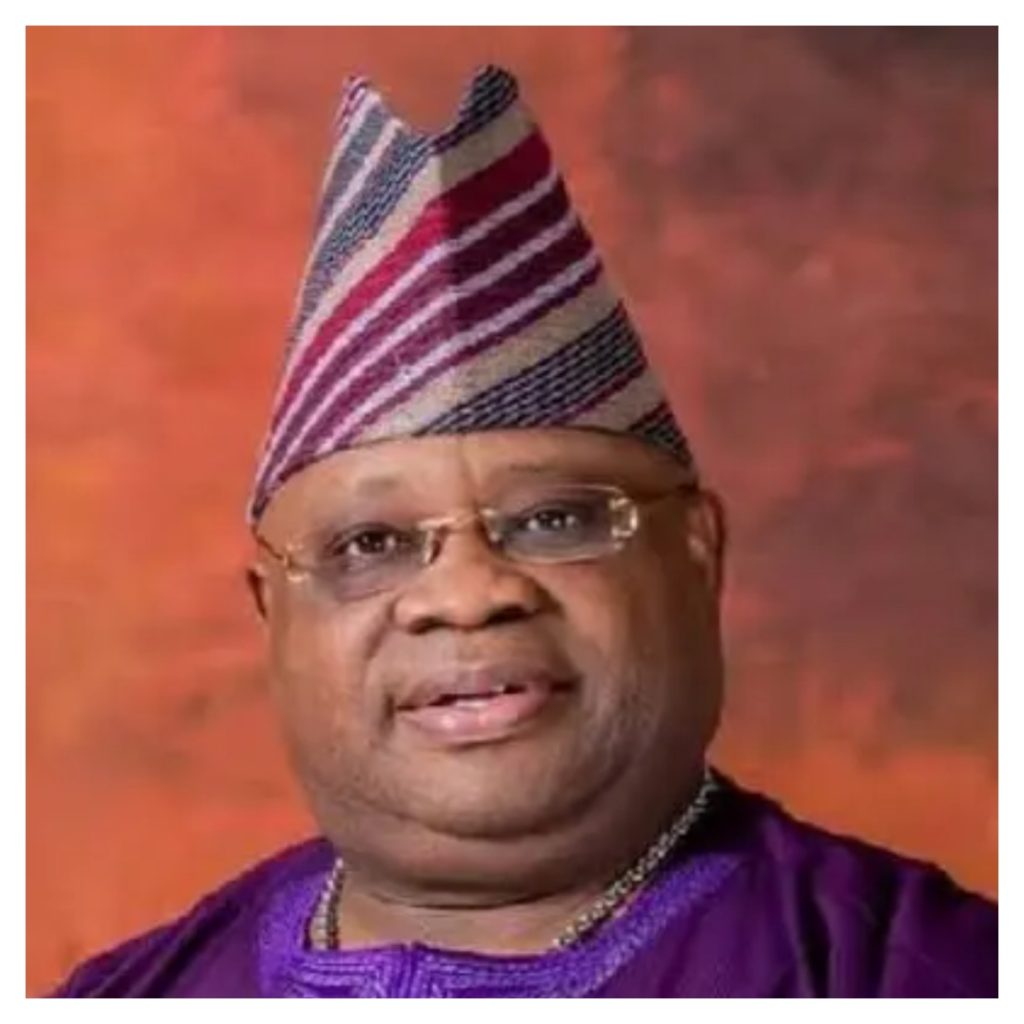As the Bola Tinubu administration approaches its six-month mark, the cost of living in Nigeria has skyrocketed, leaving citizens grappling with unprecedented levels of hardship. President Tinubu’s decision to remove subsidies has only exacerbated the situation, leading to an outcry from the Nigerian populace.
Recent data from the World Bank unveiled a staggering increase in Nigeria’s poverty rate, reaching 46% in 2023 with 104 million citizens living below the poverty line. Furthermore, inflation surged to 27.33% in October 2023 and then to 28.20% in November, significantly impacting household expenditures, as reported by the National Bureau of Statistics (NBS).
The surge in food inflation, attributed to soaring prices of essential commodities, has put immense strain on the average Nigerian’s budget. Staples such as rice, beans, yam, and noodles have seen unprecedented price hikes. For instance, a 50kg bag of rice now commands a price range of N45,000 to N60,000, while the cost of beans fluctuates between N60,000 and N70,000 per 50kg bag.
The ripple effect of these exorbitant price increases has left many Nigerians in despair. Concerns over the hardship imposed by escalating costs have been voiced by citizens across various sectors of society.
In light of this distress, the populace has set an agenda for the Tinubu administration, urging concrete policies to alleviate their suffering. Calls for the review of the minimum wage for civil servants, along with a concerted effort to ease the impact of soaring petrol prices, echo through the streets of Nigeria.
Amidst the outcry, economic experts emphasize the urgent need for stabilizing the foreign exchange market, highlighting the detrimental effects of the volatile exchange rate. The unpredictability of the exchange rate has hindered economic growth and investor confidence, exacerbating the inflationary environment and eroding living standards.
Despite the challenging economic landscape, there is cautious optimism regarding the 2024 budget, with provisions aimed at mitigating the adverse effects of ongoing reforms on the cost of living. However, the overarching sentiment remains one of disillusionment and uncertainty, as Nigerians grapple with the daily realities of exorbitant prices and economic volatility.
As Nigeria navigates the complexities of its economic challenges, the collective plea for relief resounds through the markets and corridors of power. The fate of millions rests in the hands of the administration, who stand at a pivotal juncture in shaping the livelihoods of the Nigerian people.



